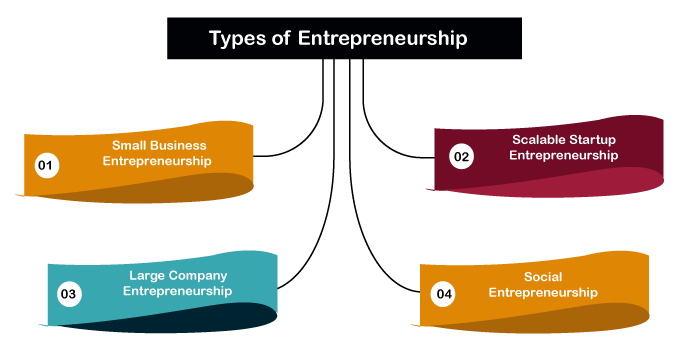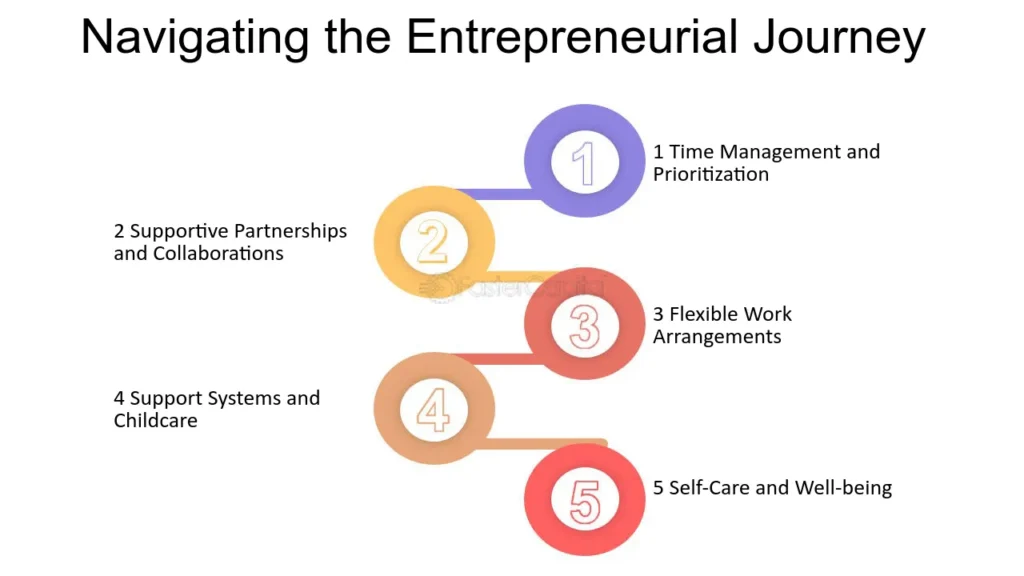Welcome to the world of entrepreneurship, where innovation meets determination, and dreams become reality. In this blog post, we embark on a journey to explore the essence of entrepreneurship, its significance in today’s dynamic world, and the traits that define successful entrepreneurs. Whether you’re a budding entrepreneur or simply curious about the entrepreneurial mindset, join us as we delve into the exciting realm of entrepreneurship.

What exactly is entrepreneurship, and why is it important in today’s economy?
Entrepreneurship is the process of creating, developing, and managing a business venture, often with the goal of making a profit. It involves taking risks, being innovative, and recognizing opportunities in the markets.
Throughout history, entrepreneurship has played a crucial role in driving economic growth and societal development. From early merchants and traders to modern-day tech pioneers, entrepreneurs have continuously reshaped industries and economies.
Types of Entrepreneurship

Entrepreneurship comes in various forms, including small businesses, tech startups, social enterprises, and more. Each type has its unique characteristics and challenges but shares the common goal of creating value and driving innovation.
The Entrepreneurial Mindset:
- Traits of Successful Entrepreneurs: Successful entrepreneurs often exhibit traits such as creativity, resilience, adaptability, passion, and a willingness to take risks. These traits enable them to overcome challenges and seize opportunities in the pursuit of their goals.
- Cultivating an Entrepreneurial Mindset: Developing an entrepreneurial mindset involves fostering creativity, embracing failure as a learning opportunity, staying resilient in the face of obstacles, and constantly seeking out new opportunities for growth.
- Overcoming Challenges: Entrepreneurship is fraught with challenges, including financial constraints, market competition, and uncertainty. However, successful entrepreneurs navigate these challenges by staying focused on their vision, adapting to change, and seeking support from mentors and peers.
Navigating the Entrepreneurial Journey:

- From Idea to Execution: Transforming a business idea into a successful venture requires careful planning, market research, and strategic execution. It involves validating the idea, developing a business plan, securing funding, and bringing the product or service to market.
- Building a Strong Foundation: A strong business foundation is essential for long-term success. This includes establishing a strong brand identity, building a loyal customer base, and creating a positive company culture that fosters innovation and collaboration.
- Scaling Up: Scaling a business involves expanding operations, reaching new markets, and increasing revenue while maintaining quality and customer satisfaction. It requires careful planning, strategic partnerships, and effective management of resources.
Innovation and Creativity:
- The Role of Innovation: Innovation is the driving force behind entrepreneurship, enabling businesses to create unique products, services, and business models that meet the evolving needs of consumers. It fosters competitiveness, drives growth, and fuels economic progress.
- Fostering Creativity: Creativity is essential for generating new ideas, solving problems, and staying ahead of the competition. Techniques for fostering creativity include brainstorming, collaboration, experimentation, and embracing a culture of curiosity and exploration.
- Embracing Failure: Failure is an inevitable part of the entrepreneurial journey, but it also presents valuable learning opportunities. Successful entrepreneurs embrace failure as a stepping stone to success, learning from their mistakes, adapting their strategies, and persevering in the face of adversity.
- Entrepreneurship in Action:
- Success Stories: Inspiring success stories abound in the world of entrepreneurship, from humble beginnings to global success. Examples include companies like Airbnb, Uber, and Tesla, which started as small startups but grew into industry leaders through innovation and determination.
- Entrepreneurial Ecosystem: Supportive ecosystems play a crucial role in nurturing entrepreneurial talent and fostering innovation. These ecosystems include access to mentorship, funding, networking opportunities, and supportive communities that provide resources and guidance to aspiring entrepreneurs.
















